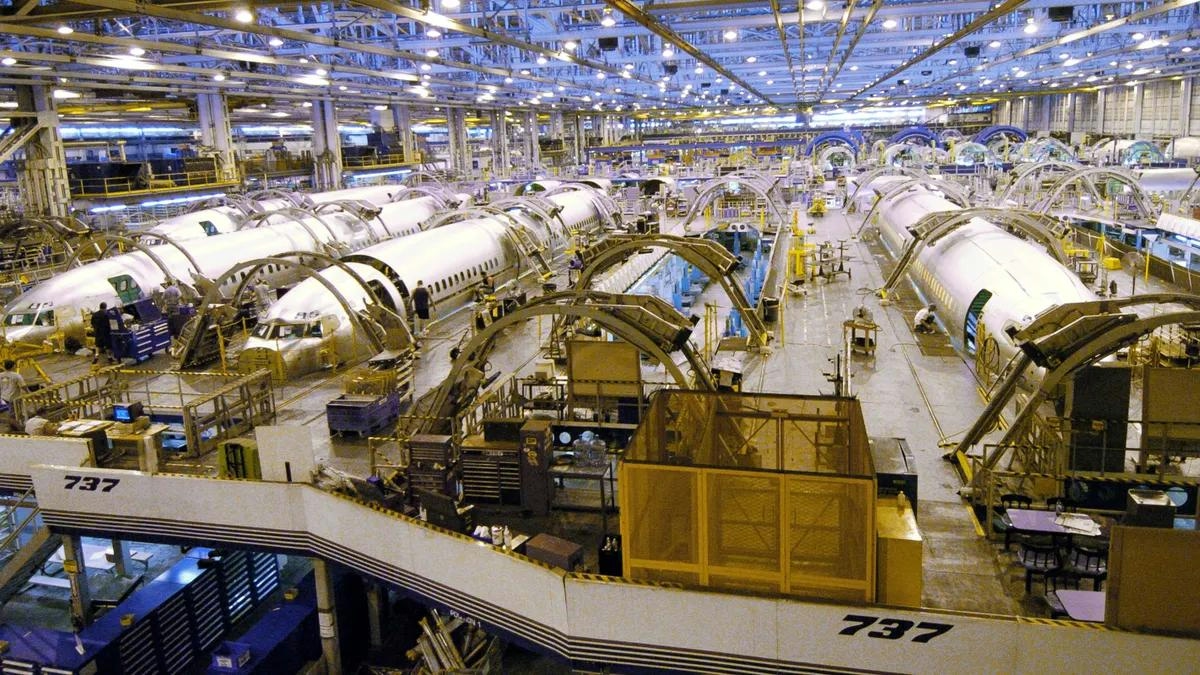エアロジニー — あなたのインテリジェントな副操縦士。
現在のトレンド
Categories
How Incora Uses AI to Improve Aerospace Supply Chain Reliability

How Incora Uses AI to Improve Aerospace Supply Chain Reliability
As the aerospace industry grapples with demand that continues to outpace supply, Incora is turning to data-driven solutions rather than expanding physical inventory to address these challenges. Speaking at MRO Europe in London, Glenn Puddifoot, Vice President of Sales Business Development at Incora, highlighted the company’s strategic focus on artificial intelligence (AI) and predictive analytics. He emphasized that these technologies are essential for helping both customers and suppliers navigate an increasingly volatile market. According to Puddifoot, the growing scale of the event reflects a buoyant industry still struggling with capacity constraints, a challenge that Incora aims to mitigate through innovation.
Leveraging AI and Big Data for Smarter Forecasting
Incora, recognized as one of the world’s largest independent distributors and supply-chain service providers, occupies a critical position bridging original equipment manufacturers (OEMs) and maintenance, repair, and overhaul (MRO) operations. This unique vantage point grants access to extensive historical data from major engine manufacturers, including detailed bills of materials, build rates, and repair cycles. These data points feed into Incora’s sophisticated digital model of aerospace demand, enabling more accurate forecasting.
Puddifoot explained that while forecasting for OEMs is relatively straightforward due to clear build rates and material requirements, MRO forecasting is more complex and relies heavily on historical data. Incora’s vast repository of supply history, combined with advanced AI tools, allows the company to generate more precise predictions. These insights enable Incora to send timely signals to suppliers, thereby providing greater certainty and stability for customers operating in a fluctuating market.
Predictive Analytics Transforming Inventory Management
Traditional inventory management strategies are increasingly unsustainable amid the current market dynamics. Puddifoot outlined the dilemma faced by supply chain managers: either invest heavily to stockpile inventory and cover all contingencies or adopt AI-driven predictive tools to optimize purchasing decisions. Incora advocates for the latter approach, using AI to determine when significant investments in inventory are necessary and when demand is expected to be lower, thus reducing excess stock.
Incora’s predictive analytics systems analyze both historical consumption patterns and real-time order data to forecast potential shortages before they occur. Automated “smart signals” are then dispatched to suppliers to alleviate production bottlenecks and maintain optimal stock levels. This shift from reactive ordering to proactive insight represents a fundamental transformation in inventory management, enhancing reliability and efficiency across the supply chain.
Global Reach and Industry Impact
Supporting these advanced predictive capabilities is Incora’s extensive global network, which includes facilities in Singapore, China, the United States, the United Kingdom, and Europe. This international presence allows the company to integrate predictive models directly into logistics and distribution decisions, ensuring material availability aligns with demand worldwide. Puddifoot emphasized that the combination of big data accuracy and global scalability positions Incora to deliver products efficiently and reliably to customers across diverse markets.
Navigating Challenges and Industry Shifts
Despite the promise of AI, Incora faces several challenges in implementation, including the high costs associated with deploying advanced AI systems, the necessity of large datasets to train predictive models effectively, and potential resistance from traditional supply chain teams accustomed to conventional methods. Nonetheless, the urgency to adopt such technologies is underscored by recent studies estimating that supply chain disruptions could cost the airline industry more than $11 billion in 2025.
Investor interest in AI-driven supply chain solutions is intensifying, and competitors are accelerating their own AI initiatives to remain competitive. Industry surveys indicate that a majority of supply chain executives are already incorporating AI into their operations, with expectations that AI will become central to decision-making across major functions within the next five years. As aerospace production approaches pre-pandemic levels, Incora’s digital strategy exemplifies how AI can enhance confidence and resilience in an overstretched supply chain.

Emirates Unveils Cabin Design for New Boeing 777X

Eighteen Years On, the Airbus A380 Remains Central to a $34 Billion Airline

How a boom in luxury airline seats is slowing down jet deliveries

Navitaire Outage Attributed to Planned Maintenance

DigiYatra Debuts Outside Aviation at India AI Impact Summit

Vietnam Orders Strengthen Boeing’s Commercial Outlook

Airbus Signals Uncertainty Over Future A400M Orders

JobsOhio Awards $2 Million Grant to Hartzell Propeller for Innovation Center

Collins Aerospace Tests Sidekick Autonomy Software on YFQ-42A for U.S. Air Force CCA Program

How the Airbus A350-1000 Compares to the Boeing 777
